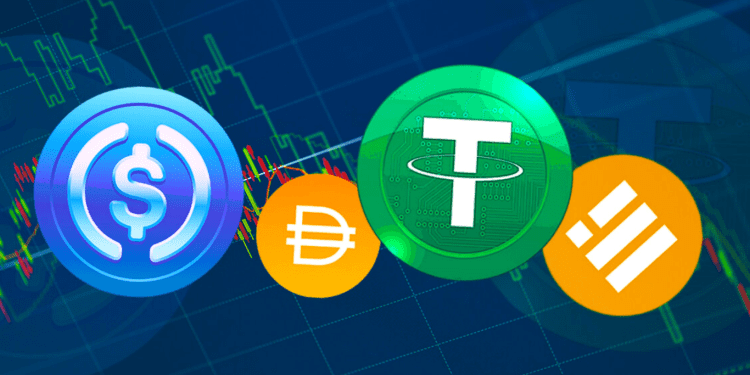- US financial trade associations have raised concerns over the Stablecoin Regulatory Framework in the House bill, calling for increased federal oversight.
- A draft bill in progress by senior House lawmakers aims to apply bank-like regulation and oversight to issuers of stablecoins.
- Congress is now considering four key bills that are seen as potentially having a major impact on the cryptocurrency industry.
In an open letter to congress, US financial trade associations and state banking groups, including the American Bankers Association, the Credit Union National Association, and the Consumer Bankers Association, have expressed concern over the proposed stablecoin legislation.
Their objections center on the current state charter option, with calls for increased federal oversight in addition to regulatory obligations. The trade groups are seeking more information on limitations surrounding commercial companies’ involvement in stablecoin payments to mitigate increased arbitrage and systemic risk.
A draft bill, nearly completed by senior Democrats and Republicans on the House Financial Services Committee, aims to apply bank-like regulation and oversight to issuers of stablecoins. The proposed legislation would subject stablecoin issuers to prudential standards on capital, liquidity, and supervision. It would allow non-banks to issue stablecoins, provided they adhere to the tougher oversight, but would prohibit companies from issuing their own stablecoins.
A Flurry of Digital Asset Bills
This controversy is part of a larger legislative focus on digital assets. Since 2022, at least 50 digital asset bills have reportedly been introduced to Congress, ranging from stablecoins regulation to defining the jurisdictions of US regulators. Four of these proposals have garnered particular attention for their potential industry impact.
- Financial Innovation and Technology for the 21st Century Act seeks to establish a process for determining if a digital asset is a commodity or security and clarify the jurisdictions of regulators.
- Responsible Financial Innovation Act (RFIA) aims to define the SEC and CFTC’s roles in crypto regulation, offering greater consumer protection and addressing issues of digital asset tax treatment.
- Digital Asset Market Structure Bill (DAMS) proposes to set a framework for the SEC and CFTC to determine if certain cryptocurrencies are securities or commodities.
- Digital Commodity Exchange Act (DCEA), updated in April 2022, allows stablecoin providers to register as a “fixed-value digital commodity operator.”
Looking Ahead
While these bills mark substantial steps toward defining a comprehensive regulatory framework for digital currencies, they face uncertain futures in Congress. The progress of these bills will have significant implications for the digital asset industry, affecting issuers of stablecoins, crypto exchanges, and even developers of crypto projects.
While the path forward may be fraught with disagreements and regulatory challenges, the importance of establishing clear, fair, and effective rules for this burgeoning industry cannot be understated. As the debate continues, all eyes will be on the US House of Representatives as they navigate the complexities of stablecoin regulation.














